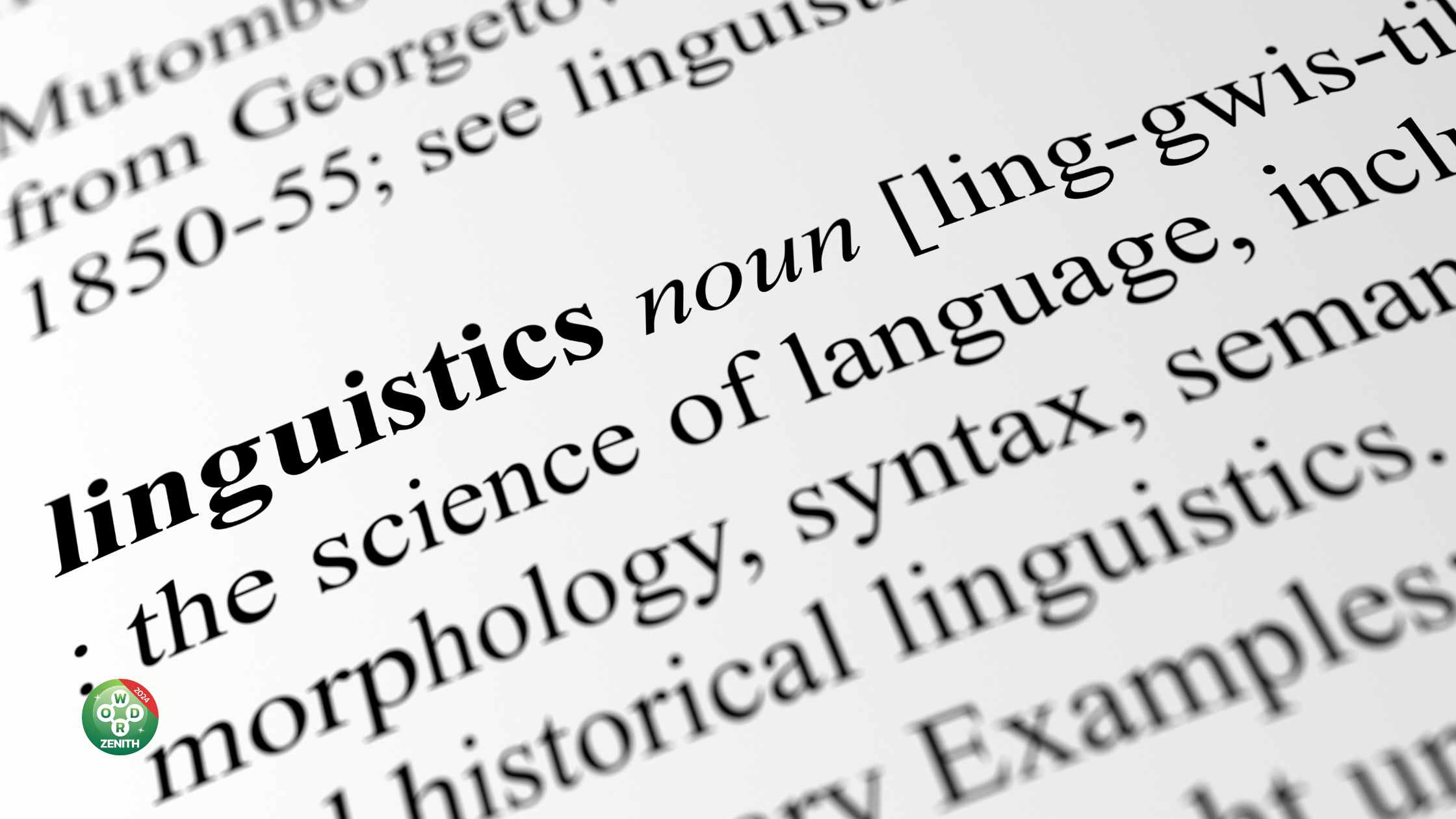Word games like crosswords, Scrabble, and Boggle offer a fun and engaging way to build our creative thinking skills and expand our linguistic abilities. Research shows that word game play stimulates parts of our brain involved in creativity, problem-solving, and language processing. Implementing effective strategies can help maximize the creative and cognitive benefits gained from these classic word pastimes.
The Connection Between Word Games and Creativity
To understand how word games boost creativity, it helps to look at the thought processes involved. Most word games require us to:
- Think flexibly to identify words fitting particular parameters or clues
- Draw connections between disparate concepts when linking words by meaning or letters
- Approach challenges from different angles to devise solutions
- Apply strategic thinking to weigh options and maximize objectives
These same skills are integral to creative thinking and problem solving. Finding effective solutions often necessitates fluid and flexible thought, making associations between seemingly unrelated ideas, and strategizing the best approach.
Word games train our brains in precisely these modes of thought. The more we practice creative thinking through word play, the more our aptitude for generating original ideas and innovative solutions expands.
Fostering Flexible Thinking
One hallmark of creativity is mental flexibility – the ability to shift our thought patterns fluidly. Word games constantly exercise adaptability by requiring us to pivot our thinking in new directions to identify fitting words.
With each round of a game like Boggle, players need to rapidly change tack to spot words in every possible letter sequence on the grid. Similarly, solving a tricky crossword clue may involve approaching it from multiple angles before the “a-ha” moment clicks.
Flexing our thinking in new ways strengthens cognitive flexibility. The more we practice adapting perspectives through word games, the better we become at fluid ideation. This translates to greater creativity in problem solving and innovation.
Making Meaningful Associations
Word games also involve linking concepts and ideas together in meaningful ways. For instance, Scrabble players associate letters on their tiles with words to play. Anagrams require finding connections between jumbled letters and real vocabulary.
By consistently looking for connections between words, letters, and clues, we strengthen skills for synthesizing concepts. Recognizing relationships among disparate ideas lays the foundation for combinatorial creativity.
Suddenly connecting two remote concepts often sparks imaginative solutions. Word games help build an associative thinking style ideal for merging insights from different fields to generate creative ideas.
Strategic Thinking and Planning
Devising a winning strategy is key to competitive word games like Scrabble and Boggle tournaments. Success requires planning the optimal sequence of short- and long-term plays.
This kind of strategic preparation engages cognitive skills like concentrating deeply, processing multiple options, anticipating possible developments, and creatively managing resources.
Strengthening strategic thinking abilities through word play boosts the complex planning involved in creative work. From devising new business models to producing innovative art, strategy is critical for manifesting ideas. Word games provide great practice.
Motivation and Reward
Beyond exercising specific cognitive functions, word games can motivate engagement in creative thinking simply by being fun. The enjoyment and sense of accomplishment people gain from word play stimulates their interest in flexing creative skills.
In a study of motivational factors affecting creativity, intrinsic motivation was found to be a key driver. When we gain pleasure and satisfaction from an activity, we’re more inspired to fully immerse in it.
Whether it’s finally conquering a Sunday crossword or beating a personal Scrabble record, word game successes intrinsically reward our efforts. This can prompt further engagement in creative play.
Effective Strategies to Maximize Benefits
Certain approaches help optimize the boost word games provide to creative thinking. Useful strategies include:
Varying Game Selection
Switching between different games exercises our creativity in multifaceted ways. The different game mechanics engage distinct forms of flexible thinking, association, and problem solving.
Mix up speed-based games like Boggle with strategic play like Scrabble. Solving progressively harder crossword and anagram puzzles also provides diversity.
Cross-training cognitive skills through different games yields greater overall improvements in creativity.
Balancing Skill Levels
Seek challenges that stretch your skills – but not to the point of frustration. Games too far above your skill level create discouragement. Those too basic fail to stimulate growth.
With crosswords, progress to larger grids and tougher clues as your speed and ease improve. With word construction games, move up to larger tile racks requiring more strategic planning.
Staying in your “goldilocks zone” will maximize motivation and cognitive gains.
Limiting Aids
At first, use dictionaries, hints, and tools to build confidence and skills. But resist over-relying on them. Pushing your brain to actively recall words and devise solutions boosts creative thinking skills.
Limit use aids like dictionaries to verify suspected words. After checking, try firming words in your memory by writing and saying them.
Playing Against Others
Games against real opponents engage our motivation and strategizing in ways solo play can’t. A partner or opponent provides real-time challenges and raises our incentive to excel.
Seeking paths to victory against others prompts us to think more creatively. Interpersonal play also provides inspiration we can’t gain playing by ourselves.
Word Games for Language Learning
In addition to creativity, word games offer a potent way to build our linguistic skills and vocabulary. Word game elements provide an engaging medium for learning new terminology and strengthening language faculties.
Games featuring new vocabulary promote retention better than standard memorization. Applying new words in games rewards our brains through accomplishment, improving recall.
For kids and English learners, word games provide enjoyable ways to painlessly expand vocabularies. Several effective language learning strategies include:
Word of the Day Games
Incorporate new “word of the day” calendar entries into game play. Puzzle through using each day’s word in a crossword, Word Zenith, Scrabble, or Boggle.
Trying to strategically play unfamiliar words cements them in our memory far better than just reading a definition.
Foreign Language Games
Adapting games by integrating foreign vocabulary boosts recall and skills. Create crosswords using Spanish clues. Have kids form Boggle squares with French words.
Watching foreign films with word game subtitles also combines linguistic learning with engaging play.
Vocabulary Contests
Stage contests around learning vocabulary lists. Have students compete creating crosswords or anagrams from science terms. Or hold a spelling bee using new words.
Friendly competition motivates engagement with new words. And peer play makes learning interactive.
Multi-Lingual Games
For bilingual learners, intermixing languages in games promotes skills in both. Create Boggle squares with alternating Spanish and English words. Clue crosswords using French across and Japanese down.
Bridging multiple languages builds flexibility, complements learning, and makes play more exciting.
Read More: The Psychological Benefits of Word Games for Stress Relief and Relaxation
Final Thoughts
Both creativity and linguistic proficiency are core skills strengthened through word game play. But simple enjoyment isn’t their only benefit. Research correlates regular word game play with higher IQ, cognitive health, and memory preservation.
While IQ isn’t synonymous with creativity, many elements they share, like fluid reasoning and problem solving, are honed by word games. Along with the intrinsic rewards of play, these cognitive upsides can motivate making word games a lifelong habit.
To fully leverage their perks, devote regular time to engaging word game play. Let the games stretch your skills while remaining enjoyable rather than frustrating. By creatively bending your mind around word challenges, you’ll boost creative thinking and language abilities alike.




